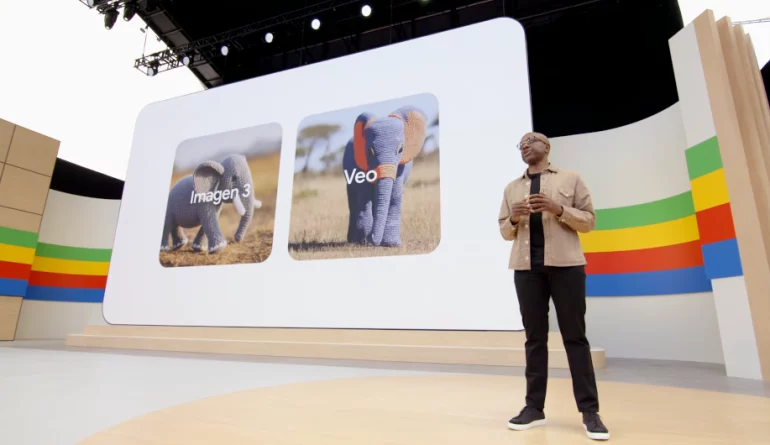- Google solidifies Gemini as the default assistant on Pixel 9, replacing Google Assistant by default.
- Users can revert to the “legacy assistant” if unsatisfied with Gemini’s current state.
- Assistant will continue to play a vital role in Google’s Nest/Home ecosystem.
- Google’s hardware division has received significant updates, including enhanced AI capabilities.
- Gemini presents both high potential and risks due to its developmental stage.
- New AI tools like Magic Eraser and Gemini 1.5 Pro-powered Live enhance Pixel 9’s capabilities.
- A broader Android-wide rollout of Gemini is expected, contingent on update schedules and device adoption.
- Market competition exists but shows a limited threat to Gemini’s dominance.
Main AI News:
Tuesday’s “Made by Google” event has solidified Gemini as the default assistant on the Pixel lineup, beginning with the newly unveiled Pixel 9 smartphones. Previously, Google had provided users the option to replace Google Assistant with its generative AI platform, Gemini. Now, the Pixel 9 series arrives with this transition as the standard. However, for those wary of the potential inconsistencies of an AI platform still in its developmental stages, Google allows a rollback to what it now dubs the “legacy assistant.” Despite the name, Assistant isn’t disappearing; it remains an integral part of Google’s Nest/Home ecosystem.
The hardware division overseeing these products has recently received significant upgrades, including an updated Nest Learning Thermostat, the Google TV Streamer that replaces Chromecast and enhanced AI capabilities embedded in its systems.
While showcasing significant promise, Gemini carries substantial potential and notable risks. The recent generations of neural networks have demonstrated impressive versatility across tasks like natural language processing and image creation. However, the inherent unpredictability of these black-box models has sparked debates about whether Google, driven by market pressures, needs to be more cautious in deploying these AI-driven solutions.
Nonetheless, Google has already unveiled an array of advanced AI tools, particularly in imaging, with innovations such as Magic Eraser and the newly introduced Add Me feature. The Pixel 9’s launch brings additional AI enhancements, including the Gemini 1.5 Pro-powered Live feature, designed to facilitate more natural, human-like conversations on the device. With the release of the new Pixel models, Google is likely setting the stage for a broader Android-wide rollout of the Gemini assistant. The pace of this expansion will depend on Google’s update schedule and the adoption rate among device manufacturers. While some, like Samsung, are developing their own generative AI solutions, their offerings, such as Galaxy AI, currently need to show more potential to rival Gemini meaningfully.
Crucial to this rollout is whether Google plans to maintain long-term support for the “legacy” Assistant on mobile platforms and whether lower-end devices will have the necessary capabilities to run Gemini effectively.
Conclusion:
Google’s strategic move to make Gemini the default assistant on the Pixel 9 positions the company at the forefront of AI integration in mobile devices. This shift indicates a broader trend towards more advanced, generative AI-driven interactions, setting a new standard for the industry. While the legacy Assistant continues to serve in the Nest/Home ecosystem, Gemini’s success on mobile platforms will likely dictate the pace of innovation across the Android ecosystem. Competitors like Samsung face significant challenges matching Gemini’s capabilities, suggesting that Google may solidify its lead in the AI-driven assistant market. This aggressive push towards AI could reshape user expectations and drive the next wave of mobile technology adoption.

